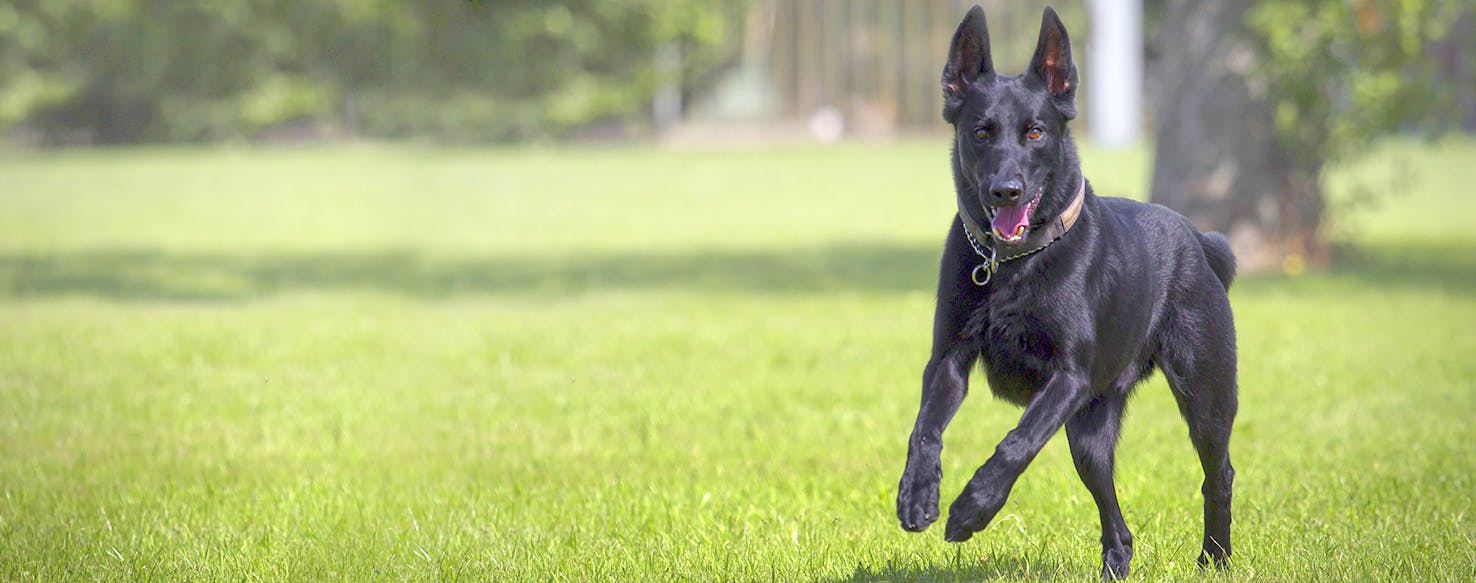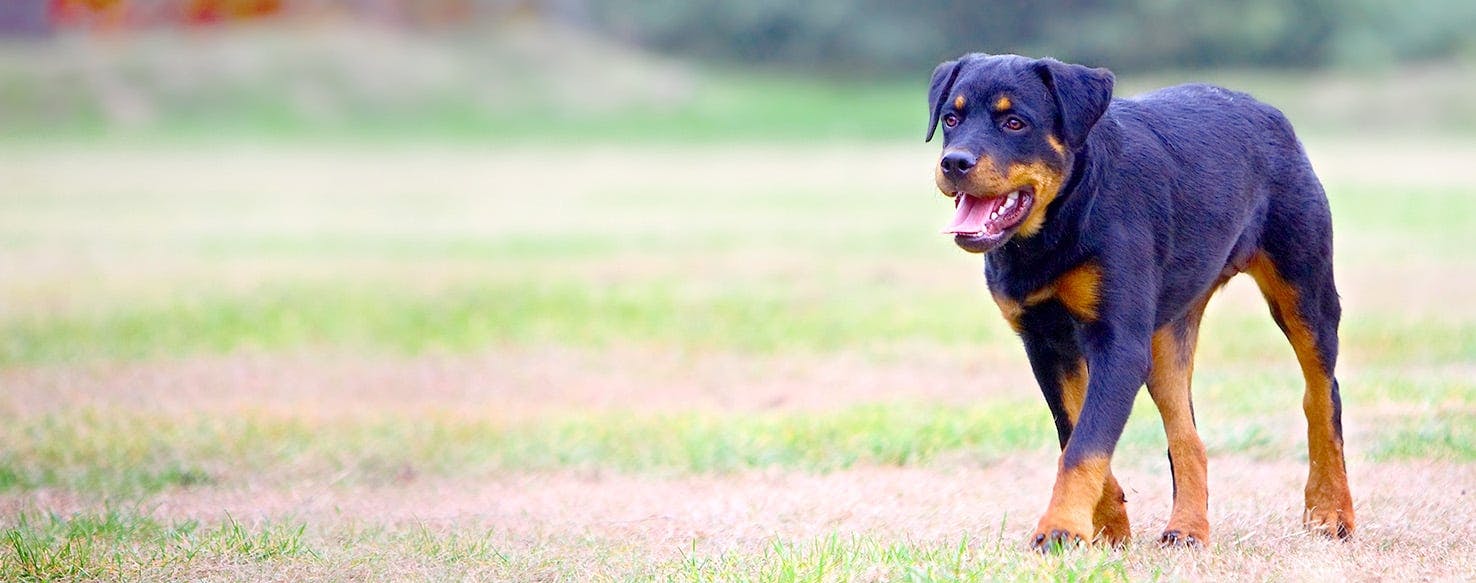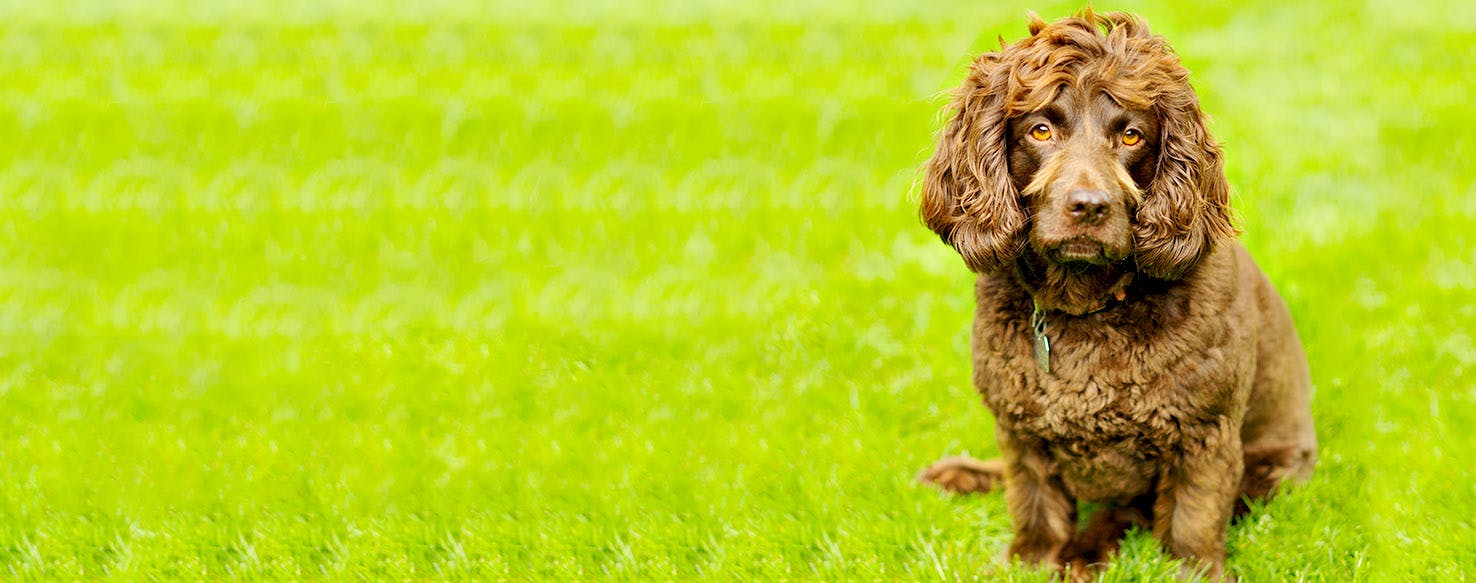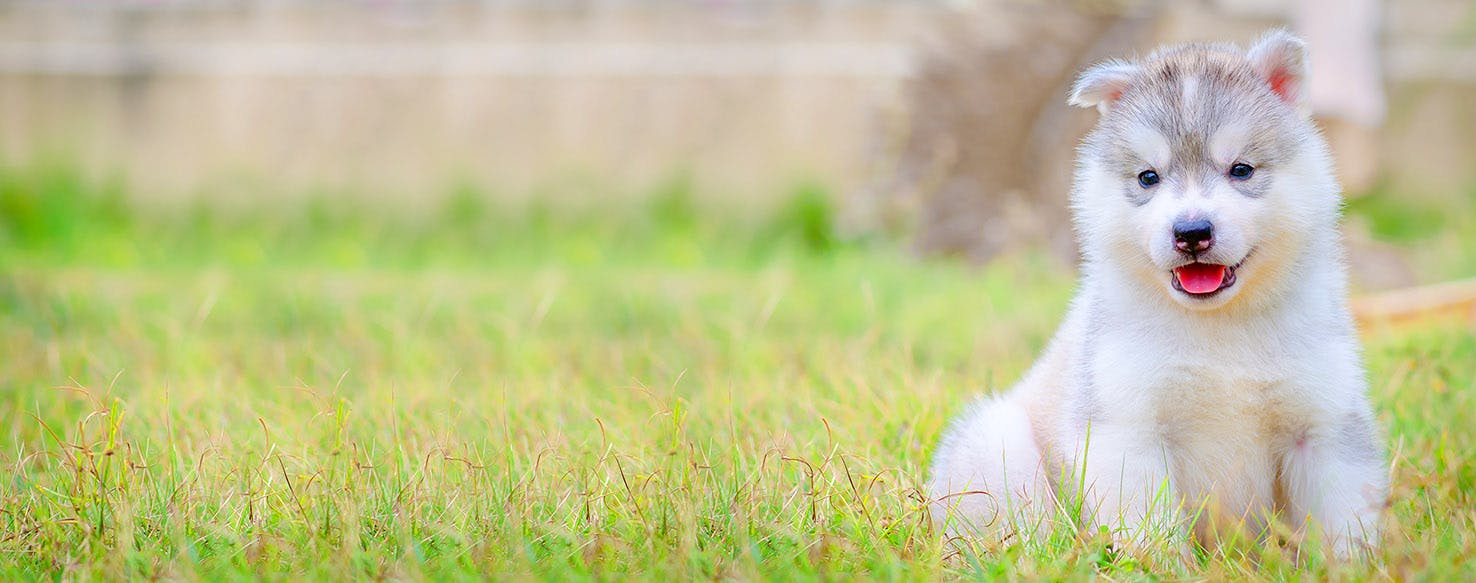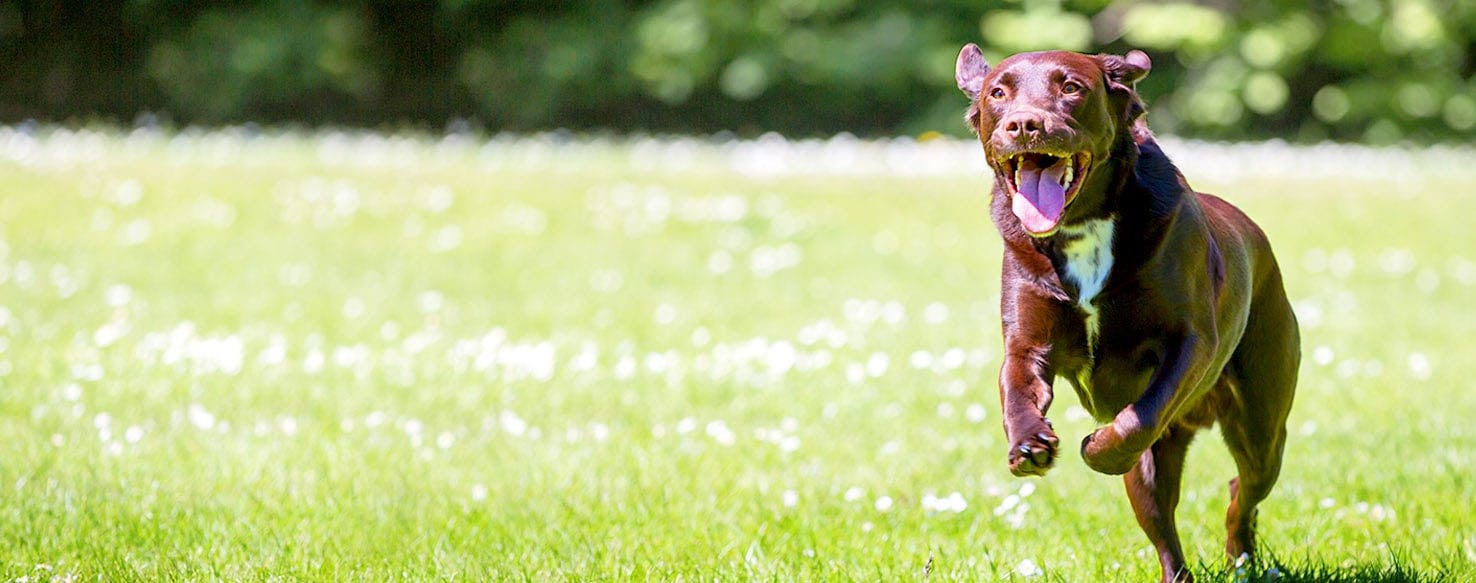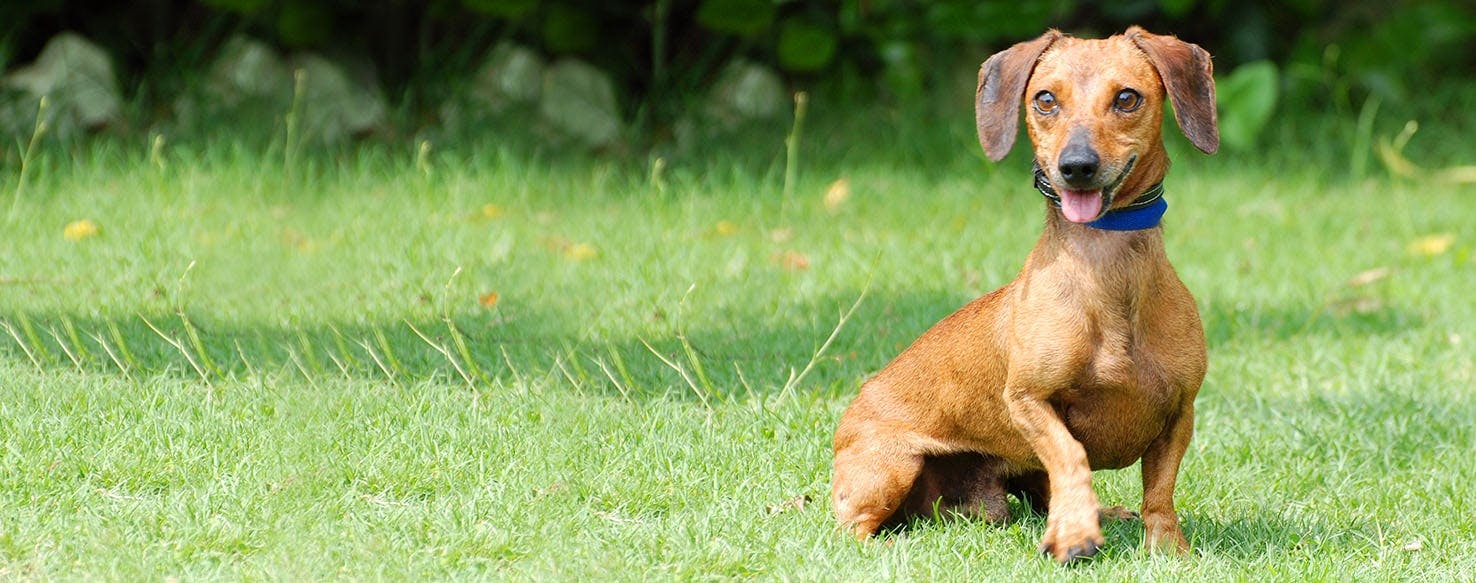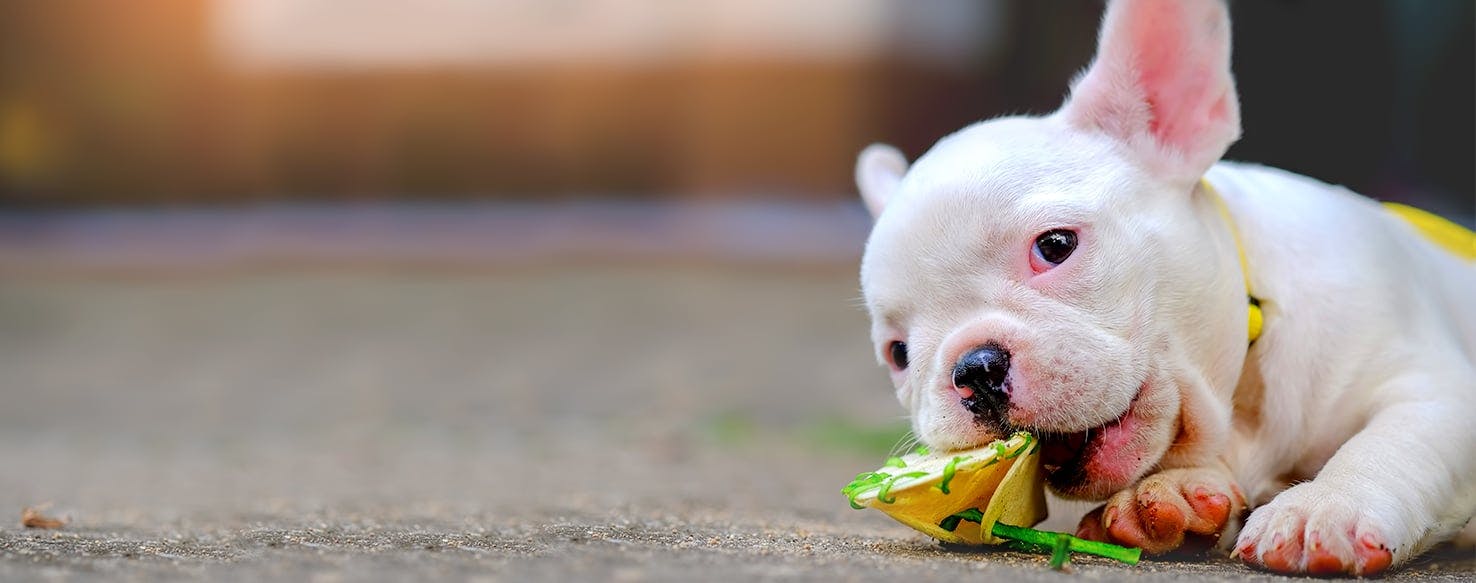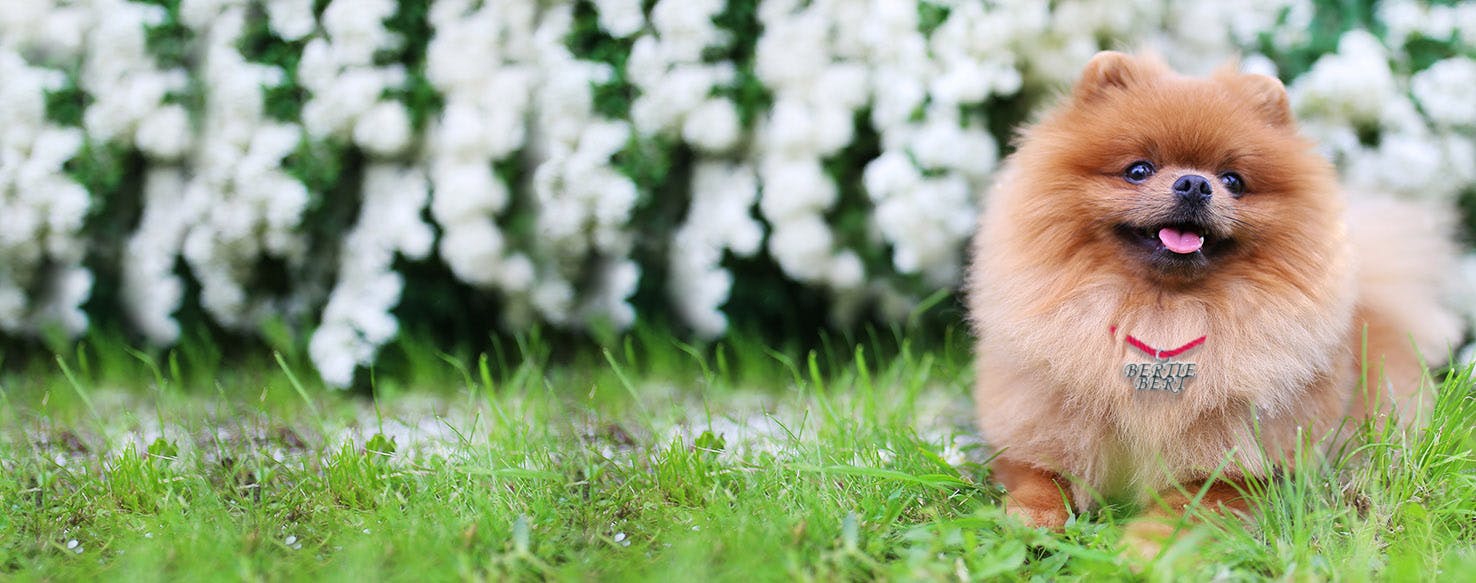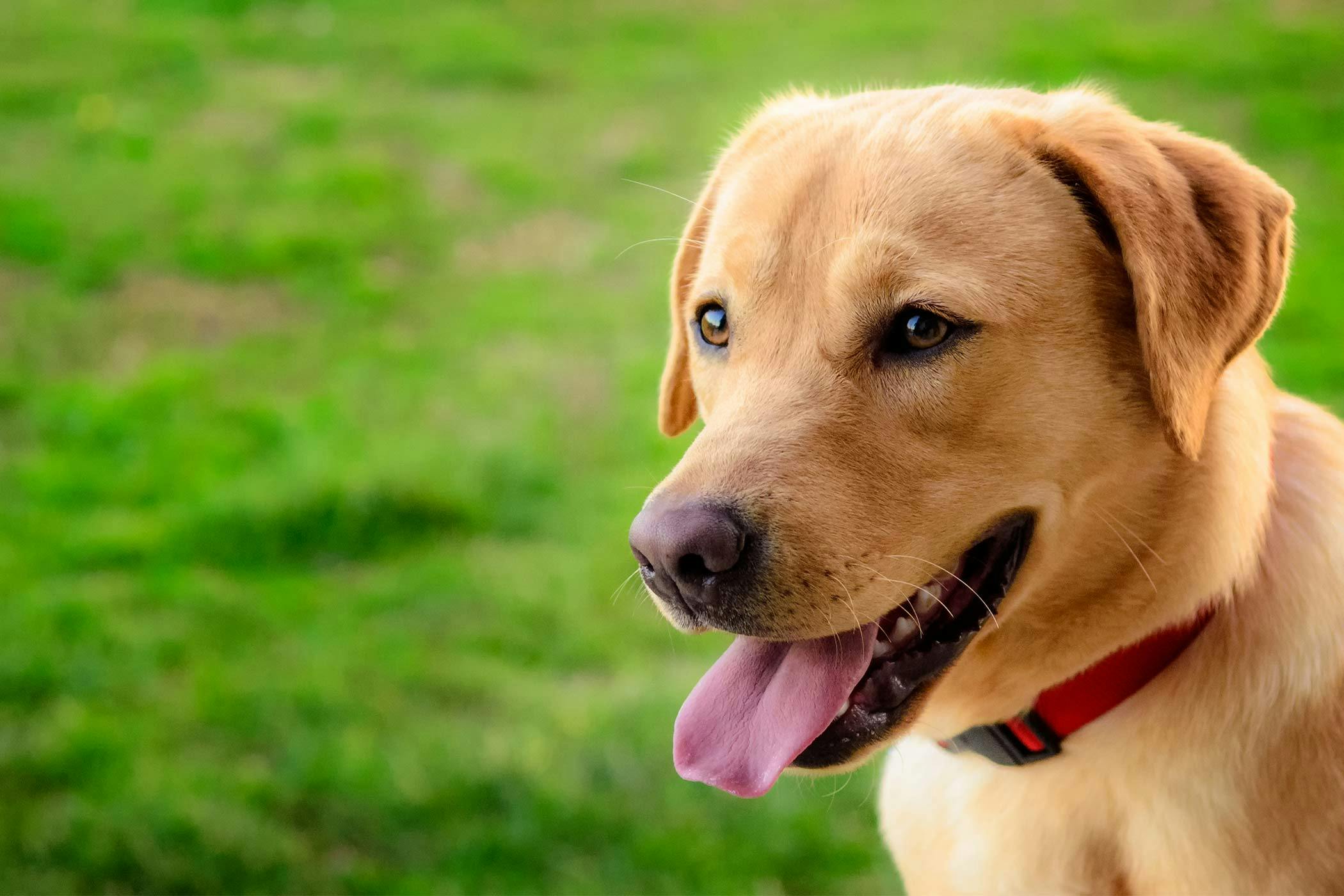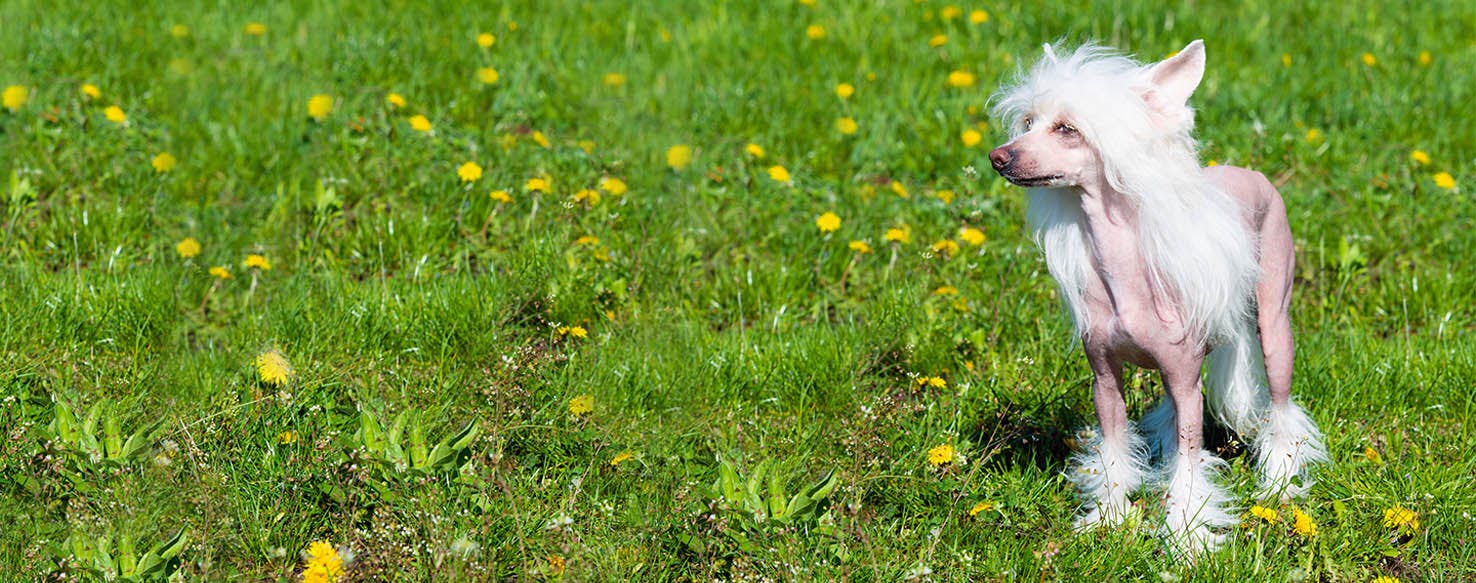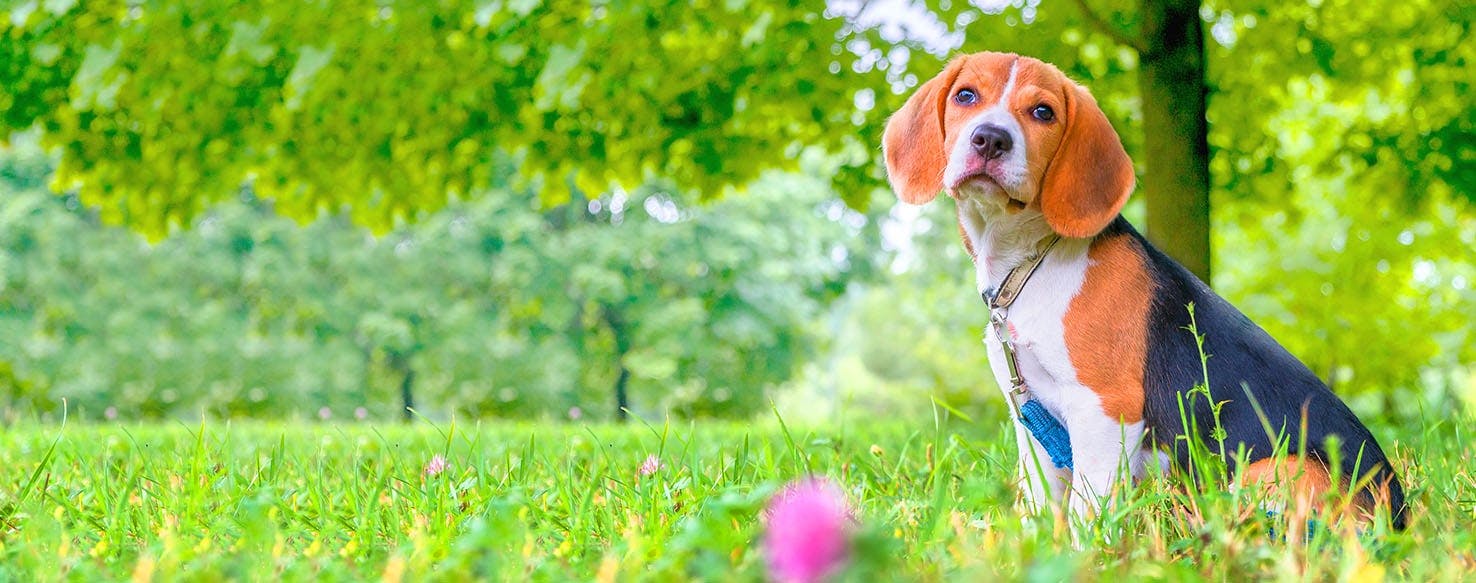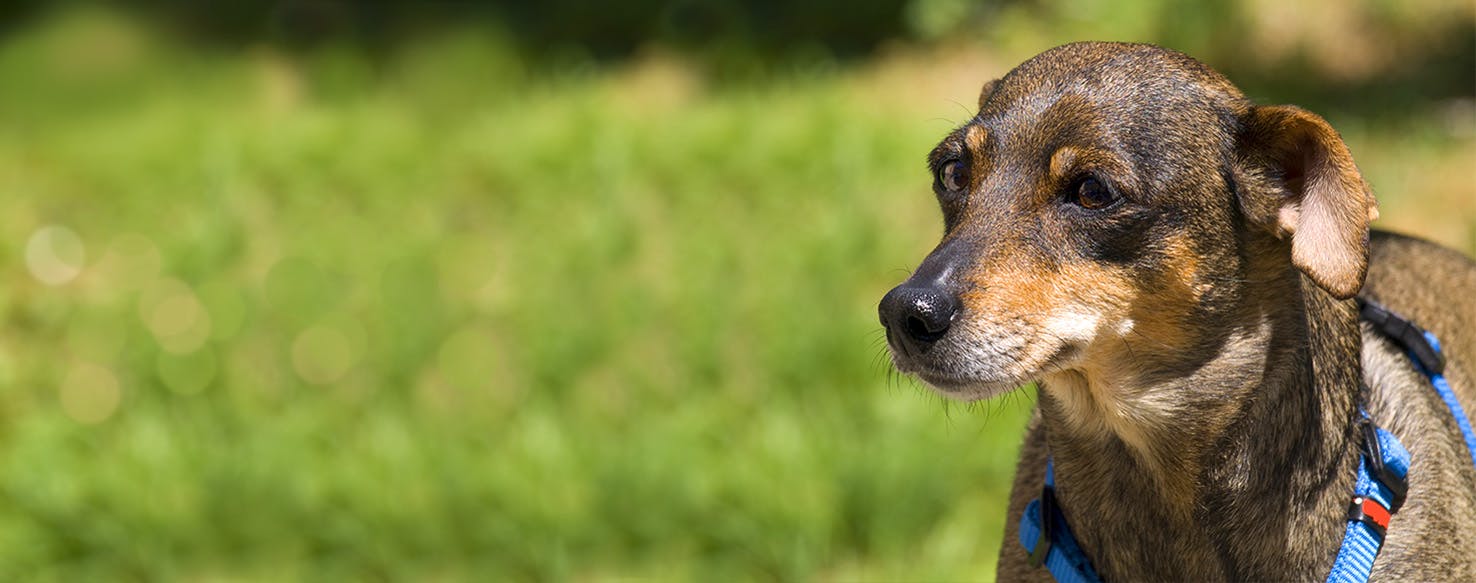Introduction
Germanic Mythology Dog Names In Pop Culture
Though details concerning Fenrir's physical description tend to vary depending on what source you use to read about him, one of the things that's unanimously agreed upon is that the beast is absolutely massive; some accounts say that Fenrir is merely larger than most mortal men, others have gone as far as to suggest that Fenrir's size rivals that of a mountain. To further add to Fenrir's terrifying appearance, the wolf is said to have pitch black fur and fangs as sharp as spears.
The details behind Fenrir's parentage are equally as strange and outright bone chilling as the Fen Wolf's appearance. To horror and dismay of the Aesir, Fenrir's parentage traces back to none of than Loki himself; the Norse God of Mischief fathered three children with a Giantess by the name of Angrboða. Those three children included Hel, the Goddess of Death, the Jormangundr , a serpent so large it could wrap its entire body around the world, and Fenrir. The Aesir's initial disdain for Fenrir devolved into full blown despair once they learned of a prophecy which stated that the wolf would one day slay Odin in an apocalyptic battle known as the Ragnarok.
In an attempt to prevent this event from transpiring, the Aesir resolved to bind Fenrir in chains. However Fenrir proved to be too massive and too powerful to be bound for long; the wolf was said to be capable of increasing his size and power at will, making it virtually impossible for him to be contained or restrained. Near their wit's end, the Aesir obtained a mystical rope called Gleipnir in order to restrain the beast. Fenrir refused to allow the Aesir to bind him unless one of them agreed to stick their hands in his mouth as a show of faith. Tyr, the god of Law, accepted Fenrir's terms. Once Gleipnir was fastened around Fenrir, the wolf realized he had been tricked and bit off Tyr's hand as recompense. The legend says that Fenrir will remain bound by Gleipnir until the time of the Ragnarok, where he'll set about his grim task of ending the life of Odin the Allfather.
Germanic Mythology Dog Name Considerations
There's definitely no shortage of gods, monsters, demigods, and heroes to name your pet after, should you choose to name them after a figure from Germanic Mythology; Freya is a great name based on a goddess from Germanic Mythology that dog owners who are looking to give their pets a beautiful feminine name should definitely consider. Freya is something like a Nordic equivalent to the Greek goddess Aphrodite; both goddesses were renowned for their incredibly good looks and were said to be the chief goddesses of beauty, fertility, and love in their respective pantheons.
Male Germanic Mythology Dog Names
| Votes | Name | Vote |
|---|---|---|
| 0 |
Odin
The Allfather of Germanic Mythology
|
|
| 0 |
Wōden
Odin's Old English name
|
|
| 0 |
Wōdan
Odin's Old Saxon name
|
|
| 0 |
Wuotan
One of the ways Odin's name was spelled in Old High German
|
|
| 0 |
Wōtan
The way Odin's name was referred to in Django Unchained
|
|
| 0 |
Wednesday
Odin is the inspiration behind the word Wednesday
|
|
| 0 |
Thor
The Germanic god of thunder
|
|
| 0 |
Bjorn
One of Thor's other names that means bear
|
|
| 0 |
Rym
This name for Thor means noise
|
|
| 0 |
Vethorm
This name for Thor means protector of the shrine
|
|
| 0 |
Veur
A Thor related name that may mean hallower
|
|
| 0 |
Hardveur
This name for the Germanic thunder god means strong archer
|
|
| 0 |
Loki
The Norse god of mischief
|
|
| 0 |
Lokkemand
The Danish version of Loki's name
|
|
| 0 |
Loke
One of the Norwegian ways to spell Loki's name
|
|
| 0 |
Lukki
The Finnish version of Loki's name
|
|
| 0 |
Luki
One of the Swedish ways to spell Loki's name
|
|
| 0 |
Lokki~grindalokki~grindalokkur
This version of Loki's name means Daddy Long Legs
|
|
| 0 |
Týr
The Germanic god of law and courage
|
|
| 0 |
Teiws
The Gothic version of Tyr's name
|
|
| 0 |
Ziu
One of Tyr's Old High German names
|
|
| 0 |
Cyo
Tyr's other Old High German name
|
|
| 0 |
Thincsus
Based on Tyr's Mars Thincsus name
|
|
| 0 |
Tuesday
The word Tuesday comes from Tyr's name
|
|
| 0 |
Fenrir
The dreaded wolf bound by Gleipnir
|
|
| 0 |
Fenrisúlfr
One of Fenrir's other names
|
|
| 0 |
Hróðvitnir
A name that means fame wolf
|
|
| 0 |
Vánagandr
A name that means monster of the River Van
|
|
| 0 |
Jörmungandr
Based on the Midgard/ World Serpent
|
|
| 0 |
Jormungand
The other way to spell the World Serpent's name
|
Female Germanic Mythology Dog Names
| Votes | Name | Vote |
|---|---|---|
| 0 |
Freyja
The Norse goddess of beauty, love, and fertility
|
|
| 0 |
Freya
The way Freyja's name is more commonly spelled
|
|
| 0 |
Freja
Another way to spell Freyja's name
|
|
| 0 |
Gefn
This name for Freyja means the giver
|
|
| 0 |
Hörn
A Swedish name attributed to Freyja
|
|
| 0 |
Mardöll
A name for Freyja that means sea bringer
|
|
| 0 |
Skjálf
One of Freyja's names that means shaker
|
|
| 0 |
Sýr
A name that means sow
|
|
| 0 |
Valfreyja
This name means lady of the slain
|
|
| 0 |
Vanadís
Means lady of the Vanir
|
|
| 0 |
Sif
Thor's wife
|
|
| 0 |
Sifjar
The Old Norse word that inspired Sif's name
|
|
| 0 |
Frigg
Odin's wife and the goddess of love
|
|
| 0 |
Frija
Old German version of Frigg's name
|
|
| 0 |
Frea
Another way to spell Frigg's name
|
|
| 0 |
Frige
The Old English version of Frigg's name
|
|
| 0 |
Frijaz
The Proto-Germanic word that inspired Frigg's name
|
|
| 0 |
Frijjō
Another of Frigg's names
|
|
| 0 |
Frigga
Another commonly used name of Frigg's
|
|
| 0 |
Friday
Frigg is the inspiration for this word
|
|
| 0 |
Norn
A word that refers to a particular trio of wise female spirits
|
|
| 0 |
Urðr
A Norn whose name means fate
|
|
| 0 |
Urd
Another name for Urðr
|
|
| 0 |
Wyrd
Urðr's Old English name
|
|
| 0 |
Verðandi
A Norn whose name means present
|
|
| 0 |
Verthandi
Another way to spell Verðandi's name
|
|
| 0 |
Verða
An Old Norse verb that means to become
|
|
| 0 |
Skuld
A Norn whose name means future
|
|
| 0 |
Hel
The goddess of death
|
|
| 0 |
Angrboda
Hel, Fenrir, and the Jormangund's mother
|
